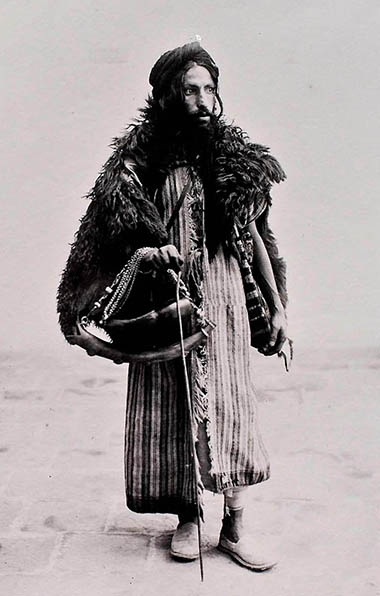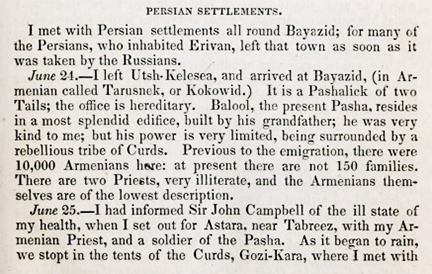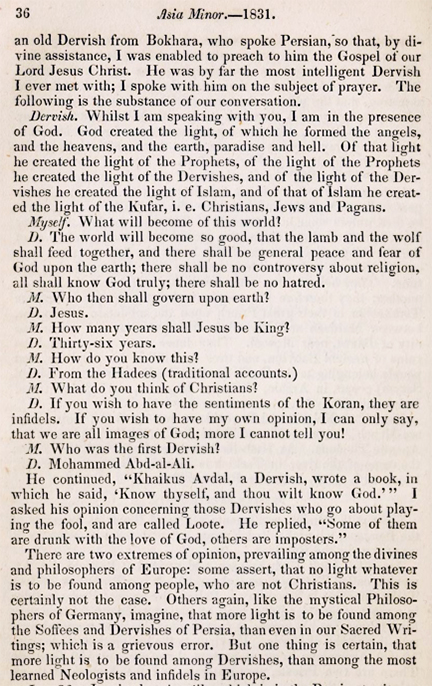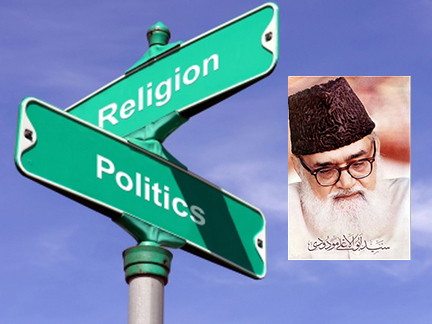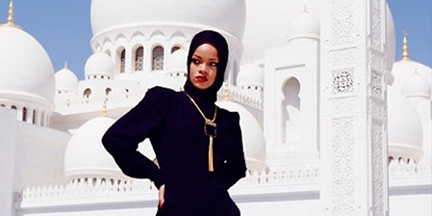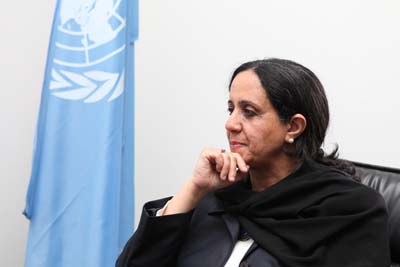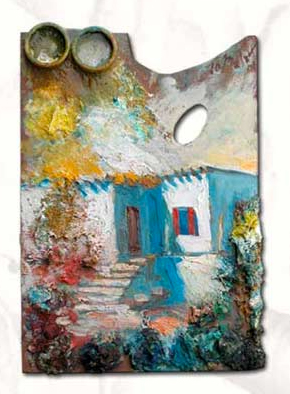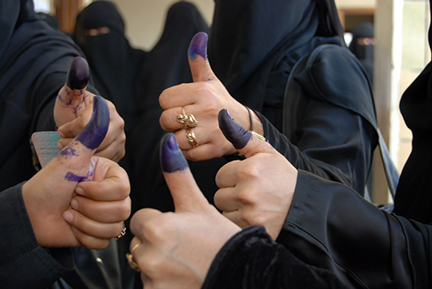
By Samira Ali BinDaair, Sanaa, Republic of Yemen
[for Part One of this essay, click here]
Islam and Democracy
“Al-adala” (Justice) is a keyword in Islam, and Islam like the great religions preceding it came to regulate man’s life on earth and Allah sent many prophets to admonish the people who had gone to excesses and violated “Nawamis al-kawn” (Allah’s laws governing human interaction with the cosmos). Islam came to complete all the preceding messages in its being comprehensive, encompassing both the spiritual and material. When it is said in the Holy Quran that Allah has created man and jinn to worship Him, obedience to Allah’s laws of how man is to conduct himself on earth is part of that process of worship. In reading the Hadith literature (sayings of the Prophet PBH) and the Sira (biography of the Prophet,PBH), one can see how Islamic teachings were operationalized and exemplified, and what stands out is the absolute sense of justice in Islam.
The way Islamic affairs are to be conducted is through a consultative process (Shura) and in fact the concept of Shura is so important in Islam that a whole Sura (chapter) has been devoted to Shura. In Surat al Shura (ayya 38), it says: “Those who hearken to their Lord and establish regular prayer ….. who conduct their affairs by mutual consultation”. In choosing their leaders, Muslims should undertake the “Mubaya” ( declaring allegiance through the process of “Ijmaa” ( general consensus). No one practiced Shura more than the Prophet (PBH) himself. He always consulted with young and old on all matters. He consulted with Um Salama and Zainab bint Gahsh (wives of the Prophet) and respected their opinions. When the message was first revealed to him, he consulted with Khadija (his first wife) who reassured him and allayed his fears and consulted with her couisin Waraka ibn Nofal Christian monk at the time) who in turn reassured him that it was the angel Gabriel who had also been sent to prophets before him. During the battle of the “Khandak” (trenches) Salman Al-Farisi had informed the Prophet(PBH) about building trenches in battles as practiced in Persia where he came from; this was then adopted by the Muslims. The Prophet(PBH) was not autocratic and left some worldly matters to others who knew better than him. When when farmers in Medina asked him about cross pollination in date planting, his answer was:”You know better about these affairs”. Continue reading Democracy … the West … and Islam: Part Two
